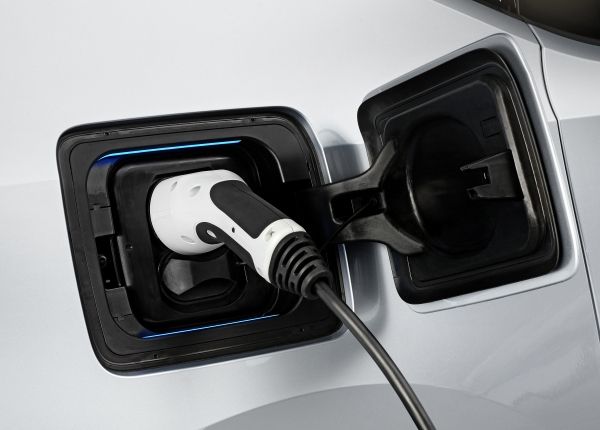Sales of electric vehicles (EVs) are expected to hit one million a year by 2040 according to the lead author of a new report predicting 41 million annual sales globally over the next two decades.
According to the study by Bloomberg New Energy Finance, rapidly reducing costs in battery prices for EVs will result in significantly lower purchase prices. It suggests that during the 2020s EVs will become a more economic option than gasoline or diesel cars in most countries, leading to global sales of 41 million by 2040.
Colin McKerracher, lead advanced transportation analyst at Bloomberg New Energy Finance, said: “At the core of this forecast is the work we have done on EV battery prices. Lithium-ion battery costs have already dropped by 65% since 2010, reaching $350 (c. £250) per kWh last year. We expect EV battery costs to be well below $120 (c. £85.) per kWh by 2030, and to fall further after that as new chemistries come in.”
Salim Morsy, senior analyst at Bloomberg New Energy Finance and lead author of the report, told Clean Energy News that EVs would make up a third of cars sold in the UK in this time.
“Given the size of the UK market and the general adoption trends in the EU, we would forecast around 1 million EVs sold per year by 2040, for a total car market size of almost 3 million,” he said.
According to the latest figures from the Society of Motor Manufacturers and Traders (SMMT), more than 72,000 plug-in and hybrid vehicles were sold in the UK in 2015. Morsy is therefore predicting growth of around 92% in UK EV sales in less than 25 years.
The EV market in the UK has seen substantial growth in recent years, with 2015’s sales marking a 40% increase from the previous year. This has been partly fuelled by the government’s plug-in grant scheme, which offers discounts to buyers of new EV cars and vans. While the maximum discount for electric cars will fall from £5,000 to £4,500 on 1 March, support for EVs remains high while businesses using EVs as company cars enjoy significant reductions in taxation for low emission vehicles.
Some have argued the growth of EVs in the UK will be dependent on the available charging infrastructure, suggesting more availability will be needed to sustain the momentum. However, Morsy argues that growing popularity and take-up of EVs across homes and businesses will lead to more charging points becoming available.
“We believe that the economics of total cost of ownership of EVs will incentivize the rollout of charging infrastructure,” he said. “Simply put: the unsubsidised value proposition of EVs will drive infrastructure rollout, not the other way around.”
While it is difficult to pinpoint the number of charging points around the UK, EV website Zap-Map estimates there are currently around 8,400 connectors with public access, in addition to homes and business properties that have their own dedicated charging points.
Morsy also added that as EV battery technology becomes more advanced, new vehicles will be able to travel much further distances without needing to be charging, therefore reducing the need for greater levels of infrastructure.
Nissan recently revealed that it would be developing next generation batteries in advance of the launch of a new 155 mile-range Nissan LEAF, while the 2017 Chevolet Bolt unveiled at this year’s CES event will offer more than 200 miles of range per charge.





